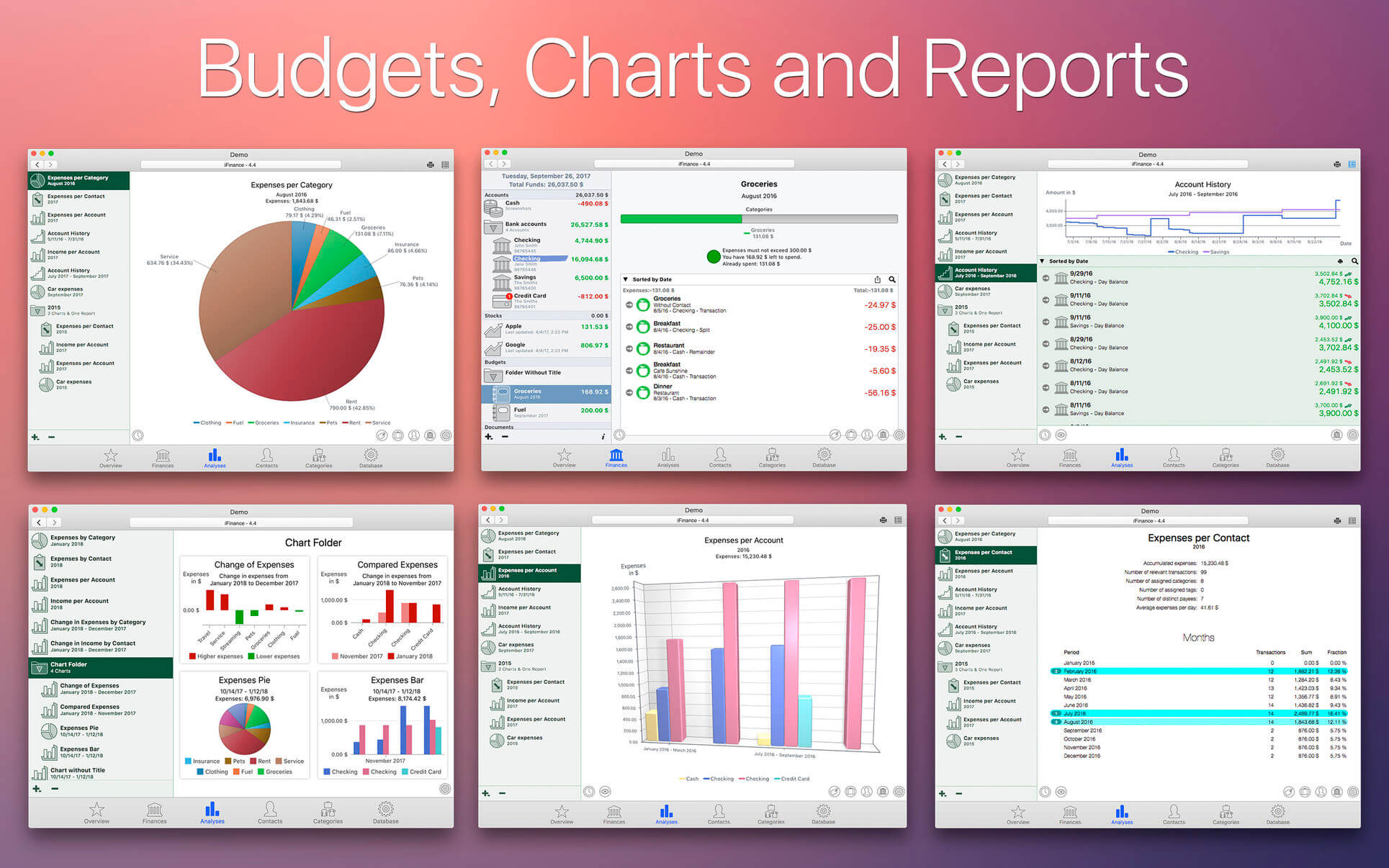

This information, either on its own or in conjunction with other personal information such as your gender, race or age, can be used by criminals for a variety of purposes, all of which put you at risk.

Aside from the uneasy feeling of knowing that your personal information is in the hands of a stranger, there are also financial and quality-of-life concerns when your information becomes compromised. This represents the largest amount of data breaches in any six-month period in history.ĭata breaches are a serious concern for several reasons. According to the Identity Theft Resource Center, there were more than 1,290 data breaches in the first half of 2021. With hundreds of thousands of people laid off, looking for work or other ways to make money, hackers knew that their victims were becoming increasingly desperate and took advantage. However, the COVID-19 pandemic presented an opportunity for hackers and other criminals -an opportunity they eagerly seized. “there were more than 1,290 data breaches in the first half of 2021.”Consumer privacy is not a new concern. In some cases, criminals may take out loans in your name or even provide your personal information to the police if they are arrested, meaning you could end up with a criminal record despite never having committed a crime.
The theft of personal information presents serious risks, most notably identity theft. Hackers and other bad actors target email addresses, social media login information, credit card numbers, social security numbers and many other types of information. If you’ve recently learned that your personal and private information was compromised in a data breach, you must take the necessary steps to protect yourself. These are all good questions -and important ones. You may be wondering -which of your information was accessed? What can they do with this information? What can you do to protect yourself? What company allowed a third party to access your private information? Will your credit be impacted? Is there anything you can do to hold a company legally responsible for leaking your information? You just received a letter in the mail explaining that your personal information was compromised and accessed by an unauthorized third party in a recent data breach. NOTICE: If you received a NOTICE OF DATA BREACH letter from any company, contact the data breach attorneys at Console & Associates, at (866) 778-5500 to discuss your legal options, or submit a confidential Case Evaluation form here.


 0 kommentar(er)
0 kommentar(er)
